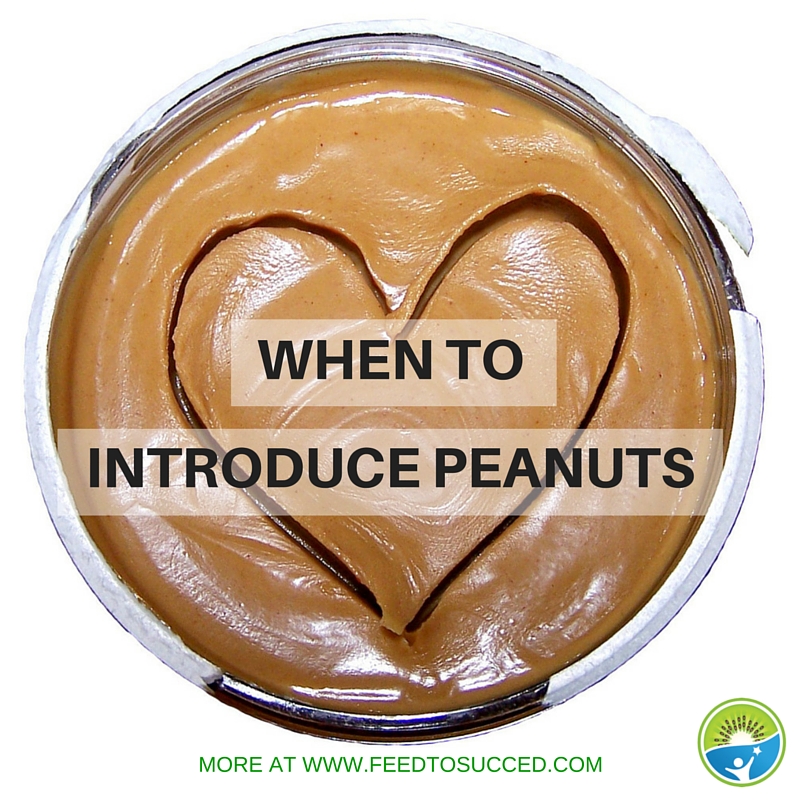The more families I meet, the more peanut free snacks and lunches I discuss during consultations. It feels like almost every school or daycare in the area has gone “peanut free” due to the increase in peanut allergies in children.
I clearly have not been the only one noticing this trend. The New England Journal of Medicine (NEJM) published a study in 2015: “Learning Early About Peanut Allergy” or LEAP study for short. Their findings lead to a 180-degree turnabout in the recommendations for peanut introduction. Prior to this study, it was recommended to wait two years before introducing peanut products to your children in order to prevent a peanut allergy. Following the LEAP study, the recommendation changed to state parents should not avoid introducing peanut products in order to avoid a peanut allergy development.
With the prevalence of peanut allergies and the complete change in recommendations from what we previously knew, it is no surprise that this change came with a lot of buzz.
The LEAP study looked at infants aged 4-11 months who were at risk for developing a peanut allergy. They separated them in two groups:
- Avoiding peanut products, or
- Introducing peanut protein in infancy.
At 5 years of age, they looked at the prevalence of peanut allergy in these children and found that only 3.2% of the children who consumed peanut products in infancy developed a peanut allergy while a whopping 17.2% of the children who avoided peanut products in infancy developed a peanut allergy. There it is! Early introduction of peanut products decreases the frequency of developing peanut allergies in children.
What does “early introduction” really mean? The LEAP study doesn’t provide an exact age they recommend to introduce peanuts products. So what does Feed To Succeed recommend?
Similar to introducing other solid foods to infants, we recommend starting solids according to each baby’s developmental readiness, sometime between 4-8 months. Of course, introduce actual peanuts as they are a choking hazard, but introducing peanut products (such a peanut crackers or the Israeli snack, Bamba) around 6 months of age is appropriate. Your child should be comfortable with solid feeds (such a pureed, mashed, cereal, or soft foods) prior to introducing a peanut product, due to the consistency, texture and size of peanut products.
As always, please consult with your pediatrician or allergist regarding peanut introduction if there is a family history of a peanut allergy.
Finally, on of the best parts of the LEAP study is that it has lead to the launch of the “Enquiring About Tolerance” or the EAT study. The study is investigating the early introduction of the common six food allergens (milk, egg, wheat, soy, fish, shellfish) and the development of allergies. This study is still currently in progress but stay tuned for the results!


